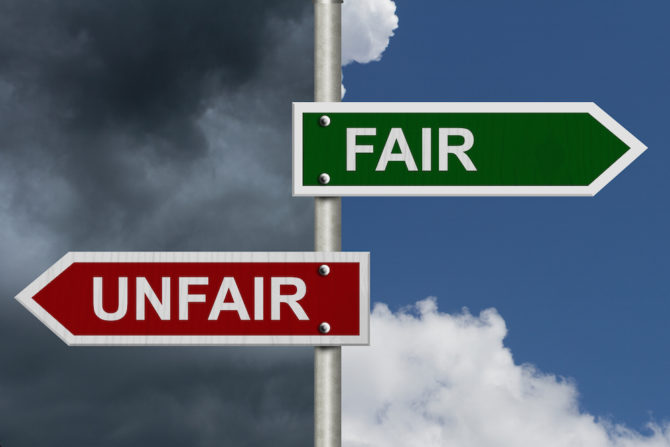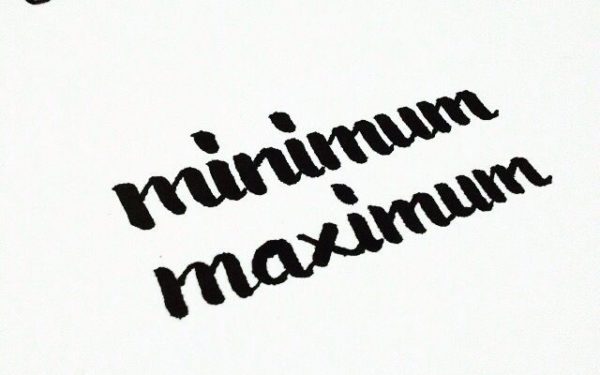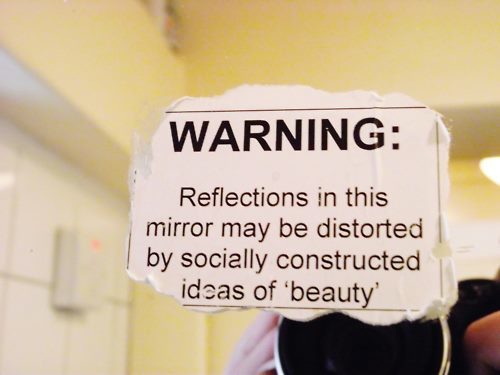“THERE IS NO ROBBERY IN FAIR EXCHANGE”
R. Ray
The topic of fairness in the world of business is difficult to encapsulate. The issue is complex because of the subjectivity involved. Fairness is difficult enough to ascertain on a personal level, but in business, which is supposed to be impersonal and devoid of emotion it is even more difficult to quantify.
Of course not all business relationships are purely impersonal, but the bottom line of fiscal profitability is somehow supposed to override people’s feelings and issues related to fairness. When you deal with big corporations, that impersonality is usually the rule. However, with smaller companies and businesses the ideal of fairness is always tabled for discussions that are not easily settled due to the subjectivity involved.
There is no objective standard for fairness in business, but it is hard to argue that fairness exists within multi-billion dollar companies where the owners, and major executives are compensated in the top percentile of the 1%, but many of their employees struggle at or near minimum wages and minimal benefits.It’s hard to argue, with real merit or validity, that employees cannot be paid fairer wages because of shareholder interests and profits. Yes it is the goal of businesses to make profits, but when executives make such significant wages compared to others who struggle so significantly, it is difficult to argue that the company and its shareholders and executives could not still see significant gains without it coming at the expense of so many others.
While the minimum wage argument is still a heated debated across the United States, the issue of fairness concerning minimum or low wage employees of multi national conglomerates is not in dispute for most, specially when compared to the greed and excessive compensation of those at the top. However, for all other business dealing the issue of fairness is in fact fair game.
Everyone wants to be treated fairly. Everyone wants recognition for their talents, abilities, and work ethic. Everyone wants their worth recognized. Yet outside the world of pro sports, where there is a market value established by collective bargaining agreements, most people are left to the discretion and judgment of others to determine their worth.
So how do you determine what’s fair? That is the difficult part. Fairness, minus minimum and low wage earners, is a subjective notion. Beside subjectivity, fairness is an emotional quotient. When feelings and emotions are involved it is difficult to objectively and accurately determine what is and is not fair, and in business every situation is different. Most people should see the unfairness of White males generally being paid more, on average, for the same work as women and/or minorities.
Besides those seemingly obvious examples, it is less clear how to make the determination. In a partnership, how do you determine the fairness of compensation versus the contribution made? Often times work hours or face time for a project are no more valuable than someone who is the strategic planner and business management end. It is not always easy to determine worth and value. That determination ultimately must occur within the realm of business. While I understand the concept of the need we all have to be treated fairly, the emotional and subjective component involved simply make it the wrong baseline to use in determining our own value.
#fairness, #business, #selfworth, #peopleoverprofits, #people, #subjectivity, #objectivity, #negotiations, #fair



